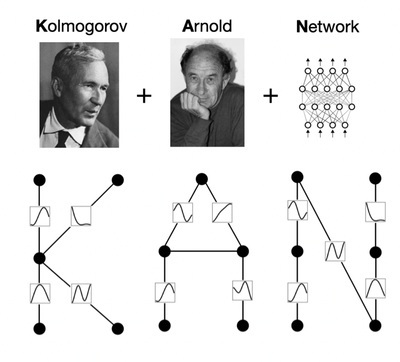Quaternary search

If you like our work, please consider supporting us so we can keep doing what we do. And as a current subscriber, enjoy this nice discount!
Also: if you haven’t yet, follow us on Twitter, TikTok, or YouTube!
A quaternary search is a search algorithm that, given a sorted array of n distinct integers, can find the position of a given element in time O(log n). It is a modification of the binary search algorithm and is similar to the ternary search algorithm.
The quaternary search algorithm works by repeatedly dividing the array into four subarrays until the desired element is found. If the array is not divided evenly, then the first subarray will have one more element than the others.
Once the subarrays have been created, the algorithm will search the middle element of the first subarray, the second subarray, the third subarray, and so on, until the desired element is found. If the middle element of a subarray is equal to the desired element, then the position of the element is returned.
Otherwise, if the middle element of the subarray is greater than the desired element, then the algorithm will search the first half of the subarray. If the middle element of the subarray is less than the desired element, then the algorithm will search the second half of the subarray.
The quaternary search algorithm is a modification of the binary search algorithm and is similar to the ternary search algorithm.
The quaternary search algorithm has a time complexity of O(log n), where n is the size of the array. This is because the array is divided into four subarrays at each step of the algorithm, and the number of steps is equal to the logarithm of the size of the array.
The quaternary search algorithm is an efficient way to search a sorted array of distinct integers for a given element. The time complexity of the algorithm is O(log n), which is the same as the binary search algorithm. The quaternary search algorithm is a modification of the binary search algorithm and is similar to the ternary search algorithm.
Do you like our work?
Consider becoming a paying subscriber to support us!
No spam, no sharing to third party. Only you and me.






